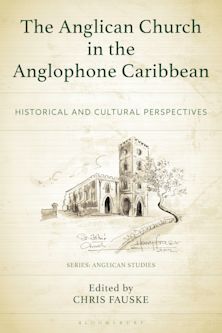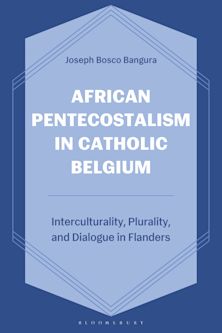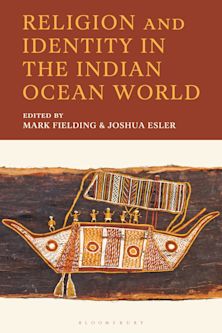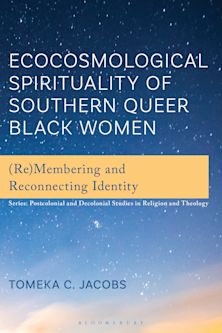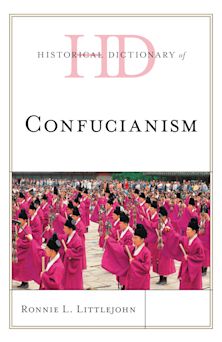- Home
- ACADEMIC
- Religious Studies
- Religious Studies - Other
- The Genocide Contagion
This product is usually dispatched within 1 week
- Delivery and returns info
-
Free US delivery on orders $35 or over
You must sign in to add this item to your wishlist. Please sign in or create an account
Description
In The Genocide Contagion, Israel W. Charny asks uncomfortable questions about what allows people to participate in genocide—either directly, through killing or other violent acts, or indirectly, by sitting passively while witnessing genocidal acts. Charny draws on both historical and current examples such as the Holocaust and the Armenian Genocide, and presses readers around the world to consider how they might contribute to genocide. Given the number of people who die from genocide or suffer indirect consequences such as forced migration, Charny argues that we must all work to resist and to learn about ourselves before critical moments arise.
Table of Contents
Appendix: Studies on Israeli Willingness to Commit Evil
Notes
Bibliography
Index
Product details
| Published | Jul 15 2016 |
|---|---|
| Format | Hardback |
| Edition | 1st |
| Extent | 252 |
| ISBN | 9781442254350 |
| Imprint | Rowman & Littlefield Publishers |
| Illustrations | 5 tables |
| Dimensions | 9 x 6 inches |
| Series | Studies in Genocide: Religion, History, and Human Rights |
| Publisher | Bloomsbury Publishing |
About the contributors
Reviews
-
Genocide is not a 'thing of the past.' It's happening in war zones around the world and is hinted at in political speeches by right-wing ideologues. That's why this eye-opening book is so important.
Spirituality & Practice
-
Delivered in lively, accessible, and approachable format, The Genocide Contagion is suitable for a broad array of audiences and learners. Charny neither minces words nor overloads (or overlords) with agony. His work is neither human rights stenography nor human rights pornography. Charny emphasizes the capacity of the human spirit to harm and to recover, to injure and to atone: and, all the while, he maintains a cool faith in the power of pedagogy, prevention, and perseverance in draining the contagiousness of genocide and ultimately eradicating this blight upon humanity.
Genocide Studies and Prevention
-
The Genocide Contagion takes up the challenge of explaining why these crimes keep happening despite ‘Never again.’ What is their basis in human psychology, and how may they be predicted and averted? Israel Charny is well suited to undertake the task. He is one of the earliest and one of the most thoughtful and dedicated of Holocaust scholars, concerned with what happens before the killing begins and why people in large numbers can be led to participate in it…. The Genocide Contagion is a valuable, thought-provoking contribution to our examination of this sad history and of our potential roles in continuing or ending it.
PsycCRITIQUES
-
Dr. Israel W. Charny, one of the pioneers of the field of genocide studies and an eminent psychologist, has produced yet another work that is insightful and thought-provoking. As this new book attests, Charny is a scholar with a sharp mind and a compassionate heart. The unique combination of true incidents, fictional scenarios, and exercises encourages readers to explore who they really are and to delve deeply into what they really think, believe, and feel about a host of critical and controversial issues germane to crimes against humanity and genocide. These Learning Exercises make the book a powerful read. If you are familiar with Charny's work then you will rejoice at this new publication; if you aren't, then welcome to a new intellectual and moving venture.
Samuel Totten, University of Arkansas, Fayetteville; author of Genocide by Attrition: Nuba Mountains, Sudan, The Bok Blog
-
While this book is at first glance an introductory text on genocide, it is at the same time much more than that. Israel Charny is one of the pioneers of genocide studies and a doyen in the field. Here, he has asked (and answered) key questions regarding the psychological dynamics of those who commit genocide and those who collaborate with the murderers. But he goes further and looks carefully at those who say no when called upon to participate in the killing process. Charny seeks to look deep into the heart of heartlessness, with a view to identifying the evil that men and women do. This is a fascinating journey for which Professor Charny is to be commended.
Paul R. Bartrop, Florida Gulf Coast University
-
In this thought-provoking and eclectic volume, Charny engages in an innovative conversation with his readers. Drawing on his own well-known work, and that of several classic genocide studies scholars, he asks us to confront fundamental and difficult questions about ourselves. Could I be a bystander to genocide? Could I be a perpetrator?
Maureen S. Hiebert, University of Calgary
















